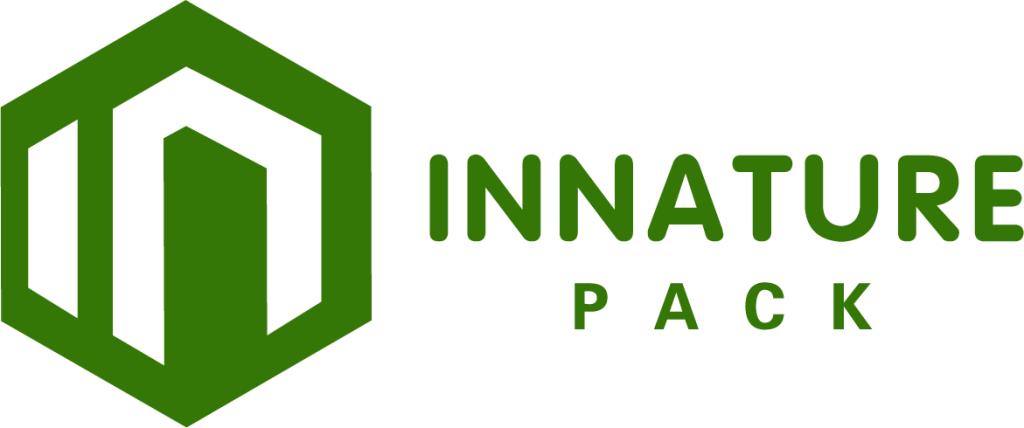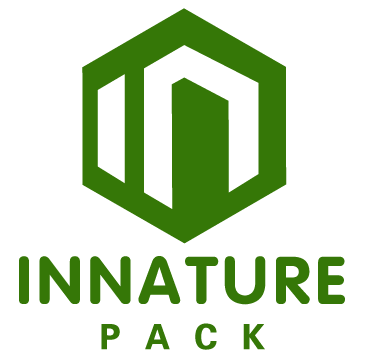Biodegradable tableware is no longer a niche choice—it’s quickly becoming a standard for foodservice, catering, and retail businesses worldwide. According to Grand View Research, the global biodegradable tableware market is expected to grow at a CAGR of 7.1% from 2024 to 2030, driven by environmental regulations and shifting consumer values.
As demand grows, so does the number of suppliers entering the space. But choosing the right partner requires more than a quick Google search. Beyond the “green” label, there are critical differences in materials, certifications, and production capabilities.
Here are 10 practical questions to help you make a smart, long-term decision.
1. What Materials Are Used in the Products?
The type of material used affects everything from product performance to compostability. Some suppliers may use mixed materials that include hidden plastic coatings, while others use 100% plant fiber.
Here are common materials you might encounter:
- Bagasse (sugarcane pulp) – a by-product of sugar production; strong, compostable, and plastic-free.
- Bamboo pulp – fast-growing and renewable.
- Wheat straw, reed, or palm pulp – regionally popular materials, though the products made from them often have a more visible fibrous texture or natural specks.
- Recycled paper – sustainable but may need extra coatings for wet food.
- PLA (polylactic acid) – compostable plastic, typically needs industrial composting.
Want to dig deeper? Check out our articles comparing Bagasse vs PLA and Bamboo vs Sugarcane for a more detailed look.
2. Are the Products Certified for Compostability and Food Safety?
Certifications help verify that a product is not only environmentally friendly, but also safe for direct contact with food. Ask for proof – a credible supplier should be ready to share documentation.
Look for:
- EN 13432 (EU compostability)
- ASTM D6400 (US compostability)
- FDA or EU 2024/3190 (food contact safety)
- LFGB (Germany)
Certifications may vary by region, so it’s best to check what’s required in your country.
3. Can You Provide Product Samples and Test Reports?
Before committing to a bulk order, it’s wise to request physical samples. This lets you check product texture, finish, rigidity, and fit for purpose.
Also consider asking for third-party test reports, especially if you need to confirm:
- PFAS-free or fluorine-free composition
- Oil and water resistance
- Microwave or freezer safety
- Food migration test results
4. What Customization Options Are Available?
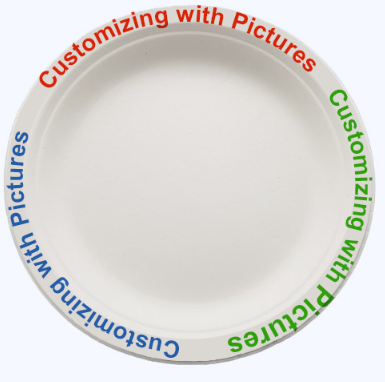
Many brands want more than plain packaging. Whether you’re building your identity or serving high-end food, customization helps reinforce your message.
Ask whether the supplier supports:
- Embossed logos
- Eco-friendly printing
- Stickers or labels
- Custom shapes and sizes
It’s also worth checking minimum quantities and lead times for custom orders.
5. Are the Products Suitable for Hot, Cold, and Greasy Foods?
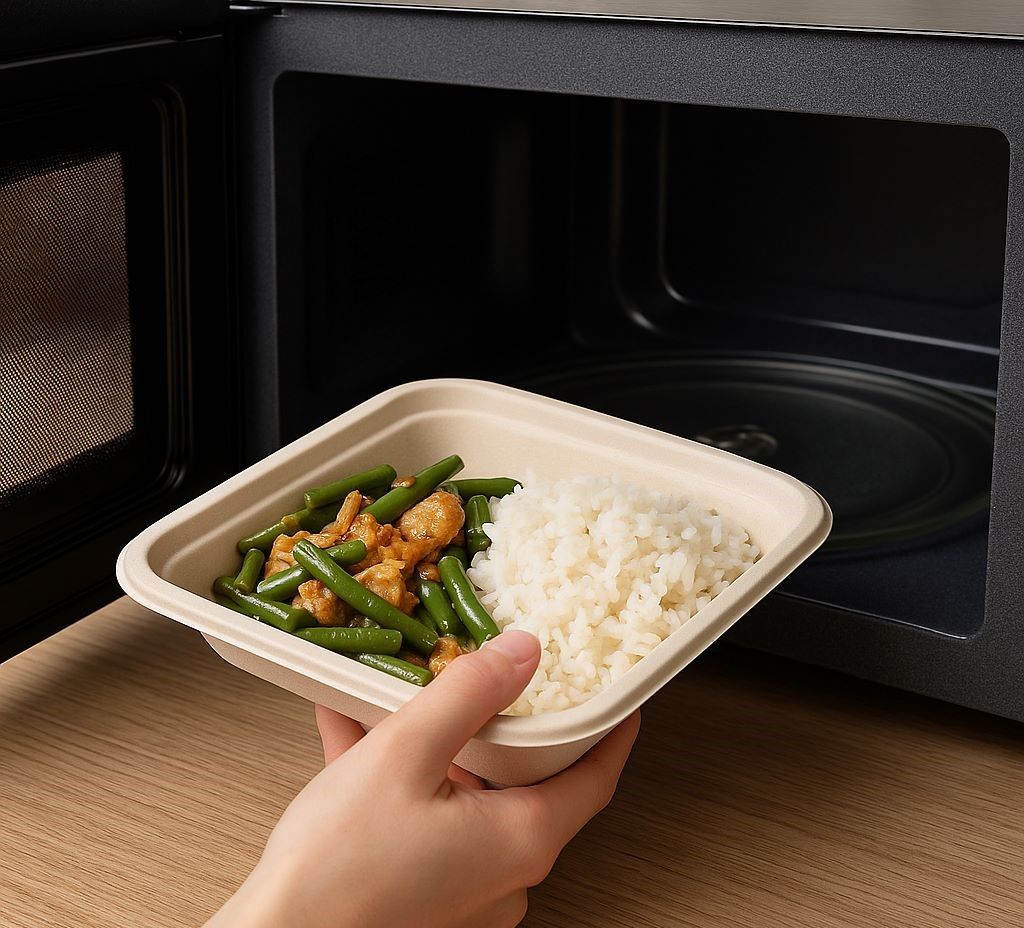
Not all biodegradable products can handle heat, moisture, or oily dishes. Make sure your supplier has tested their items under real use conditions.
Clarify:
6. Do You Offer a Range of Product Designs?
Depending on your business, you may need more than one type of container. Ask about the supplier’s catalog:
- Clamshells for takeout
- Bowls and plates for catering
- Cups and lids for beverages
- Trays or cartons for eggs or produce
A diverse product range makes it easier to source everything from one place.
7. What Is the Minimum Order Quantity (MOQ)?
MOQ can vary widely depending on whether you’re ordering stock items or customized designs. For small businesses or pilot projects, flexible MOQs are a big plus.
Ask whether they support:
- Mixed product orders
- Small batch trials
- Discounts for bulk purchases
8. What Is Your Lead Time and Production Capacity?
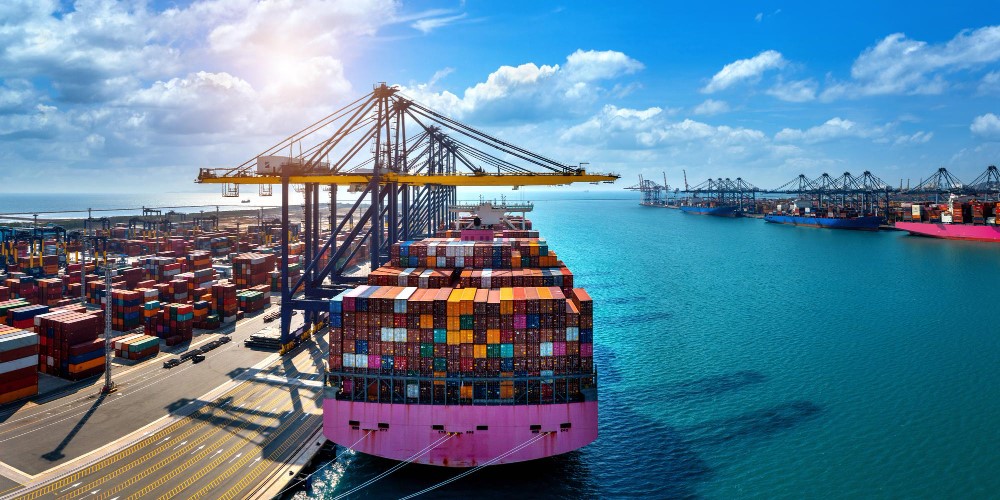
Reliable supply is just as important as product quality. Ask about production timelines and how they handle rush orders or seasonal demand.
Things to clarify:
- Standard lead time for stock items
- Time required for custom molds
- Production volume per month
9. What Is Your Pricing Structure and Payment Terms?
Good pricing doesn’t always mean the lowest price—it means fair value for the quality provided. Ask for a detailed price list, including:
- Unit prices for different order volumes
- Customization surcharges
- Available discounts for large or repeat orders
- Payment options and terms (deposit, balance due, etc.)
10. How Do You Ensure Quality?
Consistent quality is key to keeping your customers satisfied. Your supplier should have a clear QC process.
Ask about:
- Raw material inspections
- In-line production checks
- Final product sampling
- Defect tracking and prevention
You might also ask whether they allow third-party audits or inspections.
For a deeper dive into how to evaluate product quality, especially for molded fiber items like bagasse tableware, check out our full guide: How to Evaluate the Quality of Bagasse Tableware.
Conclusion: Choose a Supplier That Aligns With Your Standards
The right biodegradable tableware supplier should do more than just meet minimum requirements—they should contribute to your long-term success.
Whether you’re running a restaurant, catering service, food packaging brand, or retail operation, the best suppliers are those who combine sustainability with flexibility, quality control, and a genuine understanding of your needs.
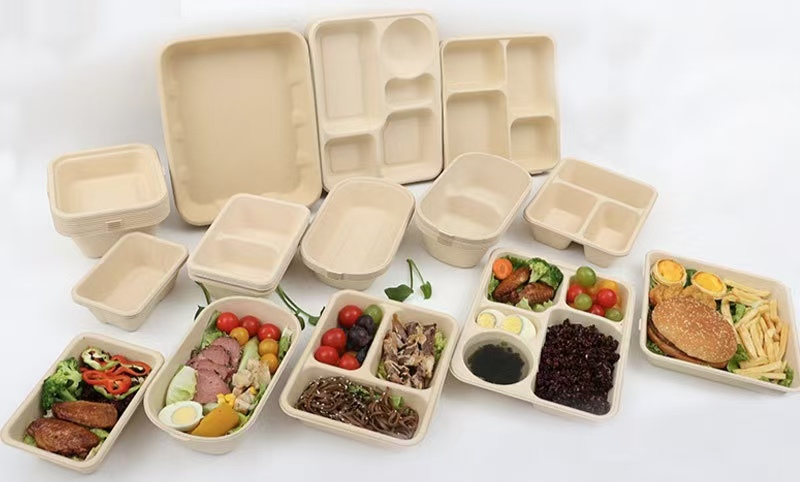
At InNature Pack, we offer a wide selection of molded fiber tableware and custom packaging solutions made from sugarcane bagasse and bamboo pulp. From heat-resistant clamshell containers to custom-printed plates and cups, our product range is designed to meet the real-world demands of food businesses and eco-conscious brands.
If you’re looking for a supplier who can grow with you—while helping you meet sustainability goals—reach out to our team. We’d be happy to send samples, discuss your project, or walk you through our catalog.
Switching to biodegradable packaging is a smart move—but only if your supplier delivers on quality, compliance, and reliability. These 10 questions can help you avoid costly mistakes and build a long-term relationship based on trust.
FAQs
Q: Do you ship internationally?
Yes. If you’re outside China, we can arrange export documents, container loading plans, and support customs clearance in most countries.
Q: What certifications do I need for the EU market?
For compostable tableware: EN 13432. For food safety: EU 2024/3190. Some countries may also require LFGB.
Q: Can I add my own branding to the tableware?
Yes. We support logo embossing, printing, stickers, and custom packaging. MOQ and lead time may vary by design.
Q: How do I know if the products are truly biodegradable?
Ask for third-party test reports. Industrial compostable products should meet EN 13432 or ASTM D6400.
Q: What’s the difference between bagasse and PLA?
Bagasse is plastic-free and composts naturally; PLA is plant-based but still classified as a bioplastic and usually needs industrial composting. Check our full guide here.
